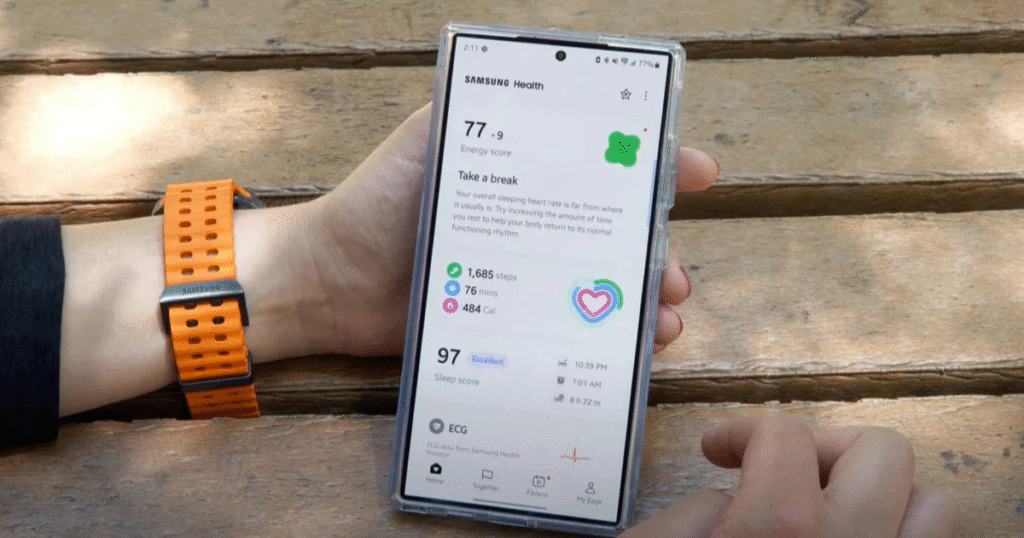The US Health Secretary is planning a massive campaign to promote health wearables, and CNET is well-versed on the types of gadgets he is talking about and the reasons why accuracy might be an issue.
Many Americans currently use app-connected devices to monitor health metrics, such as heart rate and sleep cycles. The federal government is now attempting to interfere. Robert F. Kennedy Jr., Health Secretary, on June 24.
declared “one of the largest HHS campaigns in history” to promote the use of wearables for healthcare tracking, a trend that CNET has lately reported on.
Kennedy is referring to the many bracelets, timepieces, and even clothing items that track people’s vital signs via technology. The testers at CNET have tested gadgets like these for years, observing how the correct devices improve sleep, how straps measure your heart health, and how rings monitor health indicators.
For example, the sensors built into the most recent edition of the Apple Watch may identify heart rate, cardiac rhythm problems, falls, sleep apnea, temperature, breathing rate, and more. The most recent Oura Ring is capable of monitoring temperature, heart rate, menstrual cycles, sleep patterns, and other health information.
Kennedy addressed the Subcommittee on Health during its budget meeting, “We believe that wearables are a key to the MAHA agenda, Making America Healthy Again.” “My vision is that every American is wearing a wearable within four years … they can see what food is doing to their glucose levels, their heart rates, and some other metrics as they eat it.”

Device Accuracy Issues: Wearables Not a Replacement for Medical Monitoring”
Additionally, Kennedy stated in a tweet that “wearables put the power of health back in the hands of the American people.”
“Wearables,” however, is a broad phrase that includes everything from step-counting fitness devices to nighttime sleep trackers. Furthermore, medical experts’ monitoring systems cannot simply be replaced by consumer electronics.
For example, research reported by Tech Cardinal shows that even the best-in-class Apple Watch has trouble with accuracy when it comes to heart rate and steps. Fitbit devices that are tied to fitness also exhibit high levels of inaccuracy, according to another study from California State Polytechnic University. A related Fitbit case made use of that research.
Kennedy is not the only White House official who is interested in glucose monitors, by the way. In addition to selling a glucose monitoring app and other health products, Dr. Casey Means, the administration’s nominee for surgeon general, co-founded the glucose monitoring firm Levels.
Finally, everyone is reminded by Tech Cardinal wellness experts that wearables aren’t always a good fit. Wearables can aggravate certain conditions or create an unhelpful mindset; therefore, people with eating disorders or body image concerns should always consult a professional before using them.
A request for comment from the US Department of Health and Human Services was not immediately answered.